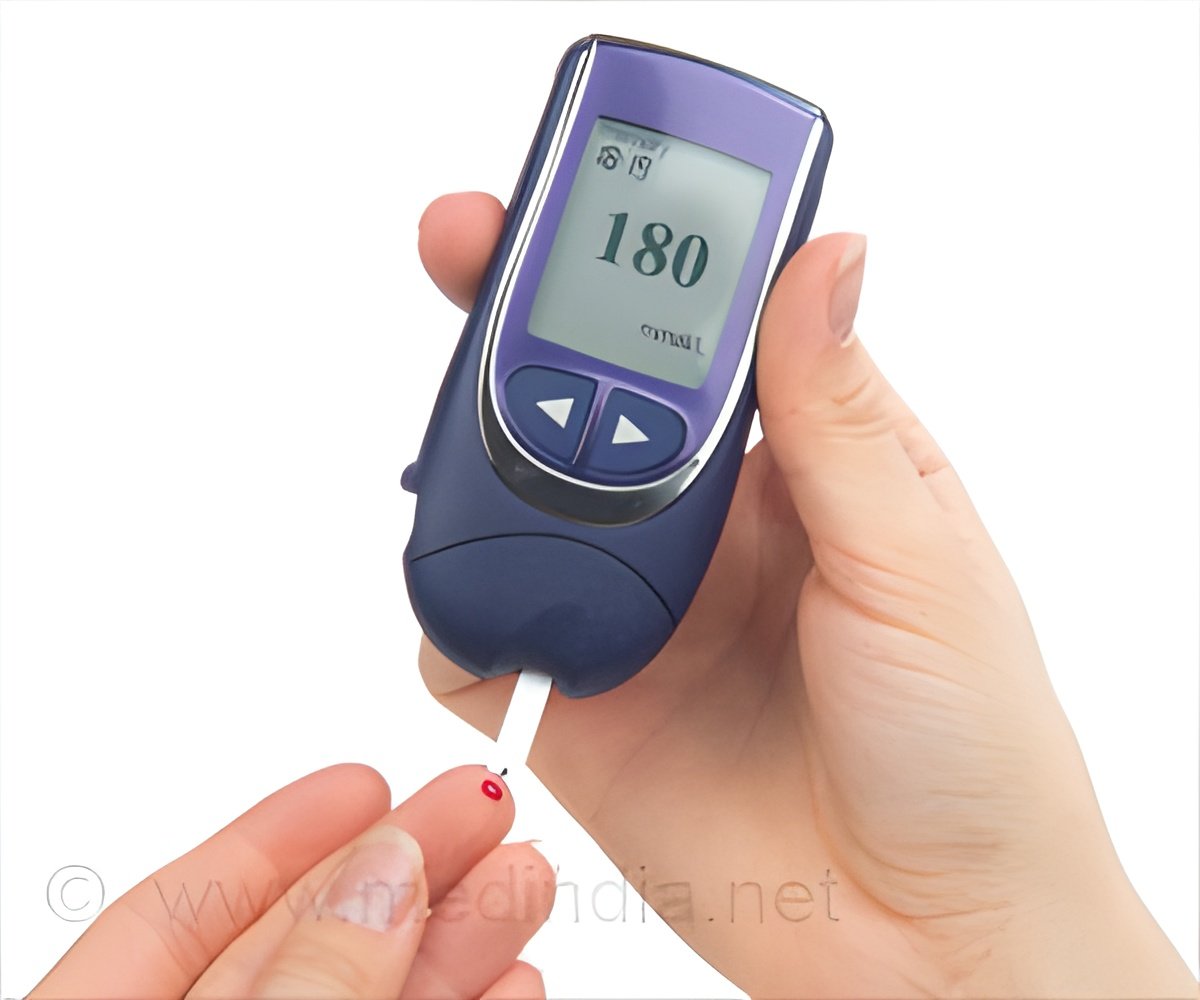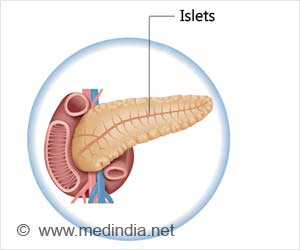Novel method can help people with type 1 diabetes better manage their glucose levels. The method relies on artificial intelligence (AI) and automated monitoring, reports a new study.

‘A new algorithm could be useful in maintaining safe levels of glucose in type 1 diabetes patients.’
Read More..




That's significant because the people with diabetes typically go three to six months between appointments with their endocrinologist.Read More..
At that time, they can be at risk of dangerous complications if glucose levels in their blood rise too high or fall too low. People with type 1 diabetes do not produce their own insulin, so they must take it continuously throughout the day using an insulin pump or through multiple daily injections. The algorithm developed by OHSU scientists uses data collected from a continuous glucose monitor and wireless insulin pens to provide guidance on adjustments.
Paired with a smartphone app called DailyDose, the recommendations from the algorithm were shown to be in agreement with physicians 67.9% of the time.
The new study involved monitoring 16 people with type 1 diabetes over the course of four weeks, showing that the model can help reduce hypoglycemia or low glucose. If left untreated, hypoglycemia can cause coma or death.
The engine was developed in a collaboration between the OHSU Harold Schnitzer Diabetes Health Center and the Artificial Intelligence for Medical Systems Lab led by Peter Jacobs, Ph.D., associate professor of biomedical engineering in the OHSU School of Medicine.
Advertisement
OHSU intends to continue to advance the technology.
Advertisement
Source-Eurekalert















